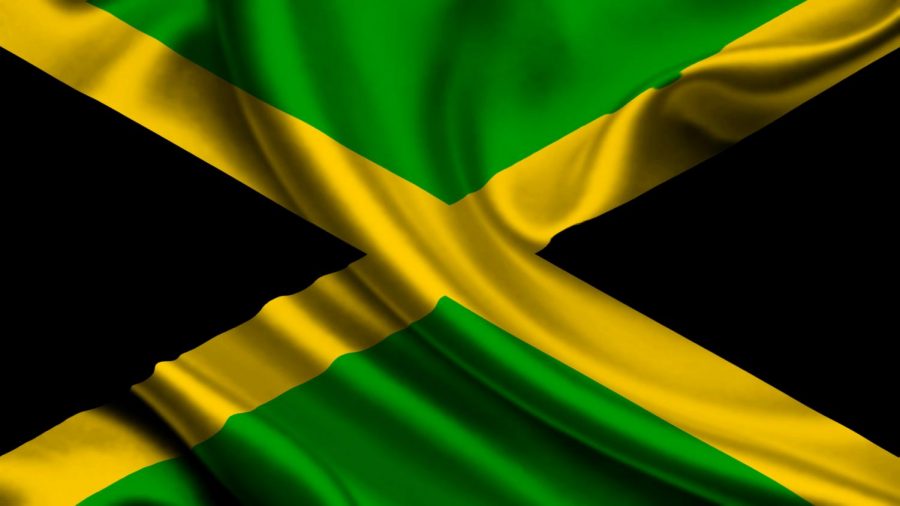Jamaican government strives to debunk cannabis myths with ‘Good Ganja Sense’ campaign
A new cannabis-centric campaign has been given a kickstart by government officials in Jamaica, which is renowned for being the birthplace of reggae legend, Bob Marley.
The primary goal of the campaign – which was announced during a recent press hearing – is to provide members of the public with cannabis-focused education.
Known as ‘Good Ganja Sense,’ the digital and modernized campaign’s focal point is to provide the Jamaican people with articles and resources on cannabis’ benefits and health impacts.
Furthermore, Jamaica’s ‘Good Ganja Sense’ campaign aims to eradicate misconceptions regarding cannabis through multimedia education materials.
The Ministry of Health and Wellness officially launched Jamaica’s ‘Good Ganja Sense’ campaign
Jamaica’s latest effort to raise cannabis awareness and educate people on the herb – which racked up $17.5 billion for the U.S. economy in 2020 – comes courtesy of The Ministry of Health and Wellness.
According to head of the department, Juliet Cuthbert-Flynn, Jamaica’s ‘Good Ganja Sense’ campaign features “several resources that will certainly stimulate more talk about ganja.”
She noted in a press release that the resource pages provide a descriptive insight into the campaign’s background, as well as provide direct links to the website of the National Council on Drug Abuse and active links to essential media items.
Cuthbert-Flynn also pointed out that inquiries can be made with the ‘Good Ganja’ team via the online contact form, too.
“We are in a digital world where people are finding information for themselves, and the information may be false or it very well may be true, depending on where they go,” Cuthbert-Flynn said.
Furthermore, Jamaica’s ‘Good Ganja Sense’ campaign features bus advertisements that encourage people to “Go With The Science” and “Burn Ganja Myths.”
“Ganja will no longer be underpinned by what has been passed down through oral traditions and old tales, but fact-based information that is now available at the fingertips,” Cuthbert-Flynn continued.
A fact sheet from the Drug Enforcement (DEA) is also highlighted on the website, with one section stating that the plant has never caused a fatal overdose.
“Thanks, DEA,” reads an excerpt from the site. “The experts have spoken.”
Jamaica boasts a strong tie with cannabis culture
Cannabis in Jamaica is still illegal, but a law that was passed in 2015 reduced penalties for possession to a petty offense. The local people refer to the plant – in whatever form that might be – as “ganja”.
Consumption, although illegal, is an important element of the nation’s public image, since cannabis is commonly associated with Jamaica’s world-famous Rastafari and reggae music.
Government officials responsible for representing the tropical island of Jamaica have continuously worked towards establishing a stronger reputation. For example, in 2018, a Jamaican lawmaker stated that cannabis was the country’s “birthright” and urged for the accelerated research and development (R&D) of indigenous strains.
What’s more, during his time in office back in 2019, Former Minister of Industry, Commerce, Agriculture and Fisheries, Audley Shaw, said that the Jamaican government was pressuring U.S. Congress to pass bipartisan legislation that would provide protection for banks to serve state-legal cannabis companies.
Although Jamaica and cannabis maintain a sturdy cultural connection, Cuthbert-Flynn stresses the importance of continuously enlightening people on the subject as a whole, since the plant is still widely misunderstood in the 21st century.
“We know very well too, the ills and thrills associated with the Internet — much false health information has been spread far and wide through technology, but today, we can put the right information out into space,” she said. “But now, with science and technology combined, Jamaica now has in its arsenal, a resource that puts into context, legislation, medical information and an overall evidence-based dialogue that can change the attitudes and behaviors that Jamaicans hold towards ganja.”
You can find out more about Jamaica’s ‘Good Ganja Sense’ campaign by clicking here.








